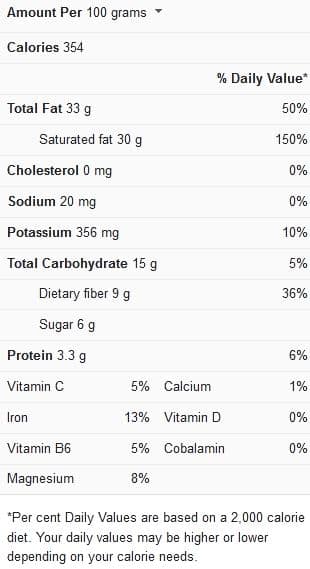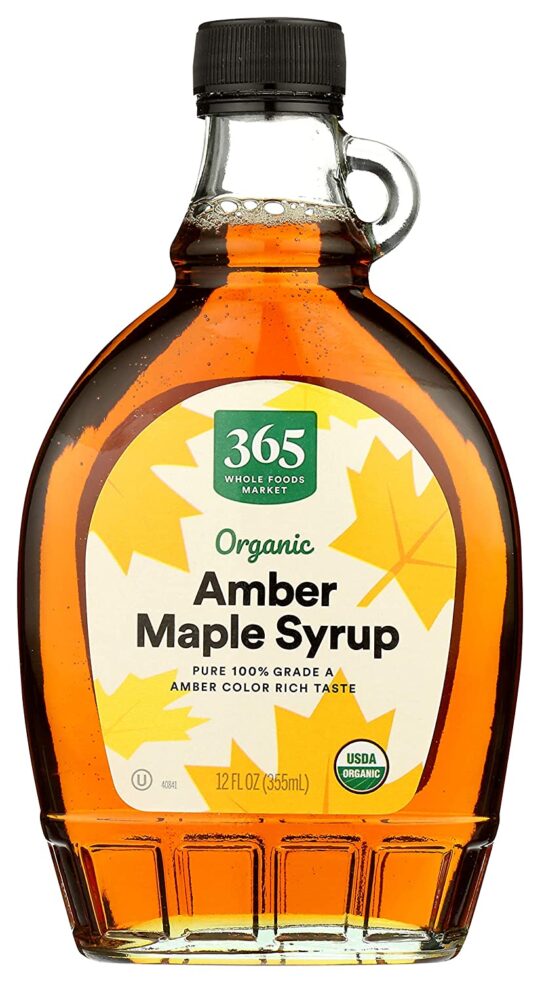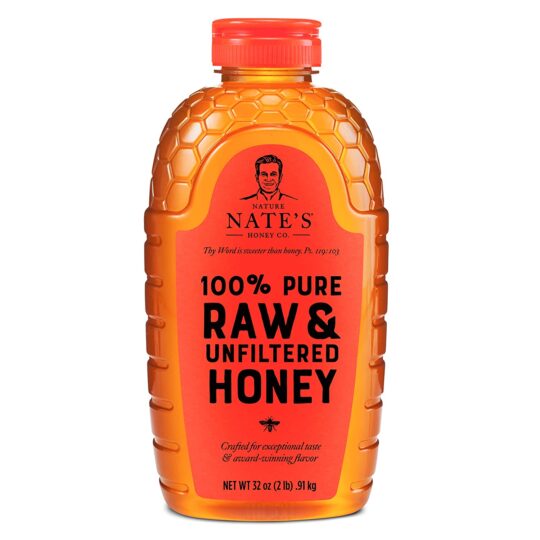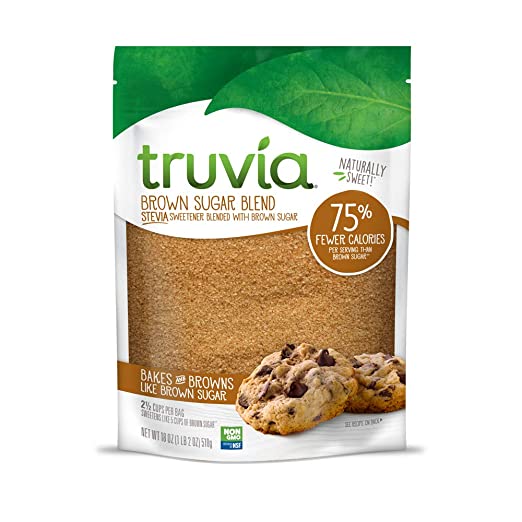If you always use coconut nectar as a sweetener in your drink, you may already be in love with the sweet substance. I decided to try coconut nectar in a cup of coffee, and after one-time use, it has gradually become a routine whenever I grab a cup of coffee.
Whether you use coconut nectar in drinks, sauces, or baking, it is sure to leave your tastebuds craving for more. However, if for any reason you would like to get a replacement for coconut nectar in your recipes, or maybe you’ve run all out of this wonderful substance, there are some viable replacements for it in any given recipe. In this article, I will be looking at coconut nectar, how it is made, and how you can substitute it in recipes.
Coconut nutrition facts

What is coconut nectar?
Coconut nectar is gotten from the sap of the flower bud stem of the coconut palm, and when dehydrated, it becomes coconut sugar. The sap is translucent and consists of 80% water and 20% solid. The harvesting of coconut nectar starts when farmers cut in the spadix and collect the sap in bamboo containers.
Coconut nectar is further heated in factories just enough to thicken it. If it is heated further until the liquid evaporates, the resulting substance is known as coconut sugar.
Coconut nectar is rich in potassium, zinc, magnesium, iron, and other minerals and is also said to contain vitamin C, amino acids, and vitamin B, making it pretty healthy.
Uses of Coconut Nectar in Recipes
Judging by the name, you would expect coconut nectar to have a strong coconut flavor, but surprisingly it doesn’t. It all depends on the brand you choose to get because some brands have a slight hint of floral flavor, while some brands have a slight flavor have a slightly bittersweet taste. Some people would even describe the flavor of coconut nectar as maple syrup mixed with molasses.
You can add coconut nectar to baked foods like cookies shortbread, and it can also be used as a sweetener for granolas and coffee. But be careful not to add a lot of coconut nectar to your recipes because the bittersweet flavor would stand out and alter the finished product’s flavor.
Below are some recipes that use coconut nectar.
- Coconut nectar candied bacon
- Blackberry and coconut nectar sorbet
- Vegan cheesecake
- Chocolate coconut rough
- Magic coconut bars
- Clean eating pumpkin muffins
- Mocha chip banana ice cream
- Chocolate pudding
- Chocolate no-guilt vegan milkshake
- Anti-inflammatory Lemon-turmeric tonic
- Granola breakfast protein balls
- Vegan chocolate avocado pudding
- Healthy lemonade
- Paleo Samoas
- Raw hemp chia seed bars
Substitutes for Coconut Nectar
Coconut nectar isn’t a sweetener everybody can comfortably boast of having every time, and this might be a challenge if you are faced with a recipe that calls for coconut nectar. In my neighborhood grocery store, coconut nectar is more expensive when compared to other sweeteners, and this has prompted me to search for a cheaper, healthy alternative for it.
In this article, I’ve pieced together the best coconut nectar substitutes out there. These substitutes can be used in different recipes, so feel free to stick to the one that best suits your recipe. I will also be giving you the substitution ratio for each of the substitutes.
Maple syrup

Maple syrup is the closest contender to coconut nectar in terms of flavor. You should go for organic maple syrup when getting this syrup because they are natural and less processed. This syrup is gotten from either red, black, or sugar maple. It is even a superior option compared to coconut nectar in terms of nutrition because it has a more significant amount of zinc, calcium, magnesium, potassium, and some other vital minerals.
Maple syrup is pretty easy to get in grocery stores. When substituting, you should use a 1 to 1 ratio because both maple syrup and coconut nectar have a similar consistency and can be used interchangeably.
Raw Honey

Honey is by far one of the most popular natural sweeteners out there, and chances are you probably have some honey laying around somewhere. Why not grab it and make the swap? Honey would make a good coconut nectar substitute, but raw honey would be an even better alternative for coconut nectar.
Raw honey can be gotten in different varieties in specialty stores, and yes, honey is very healthy. It is packed with nutrients making it a natural sweetener welcomed by many.
When substituting coconut nectar for honey, use it as a direct substitute.
Brown sugar

If you are looking to cut down on some costs, brown sugar would be the best option. Brown sugar is made by adding molasses to white sugar. It is a good alternative when you run out of coconut nectar because it dissolves completely and swiftly in beverages, just like coconut nectar.
Brown sugar can be found in every grocery store, and it is cheap too. When using brown sugar, you should use a reduced quantity where the recipe calls for coconut nectar. 2/3 cups of brown sugar would replace 1 cup of coconut nectar, and if you want more moisture, you can add natural applesauce.
Frequently asked questions (FAQ)
Is coconut nectar healthier than table sugar?
Yes, coconut nectar has a lower fructose content than regular table sugar. You should use the sweetener instead of regular sugar because it proves to be more beneficial to the liver, and it is less likely to be converted to fat.
What are the nutrients found in coconut nectar?
Coconut nectar contains a decent amount of minerals like potassium, calcium, magnesium, phosphorus, zinc, iron, and traces of other minerals. These minerals make coconut nectar beneficial to the liver and the brain, blood, bones, heart, and the immune system in general.
How Long can you store coconut nectar?
Coconut nectar has a really impressive shelf life, and it can last up to two years when unopened. Even when opened, it doesn’t require refrigeration.
Conclusion
Coconut nectar is a natural sweetener that can be added to almost everything from baked goods to beverages. Like every other kitchen ingredient you have, it would eventually run all out of coconut nectar before you run to the store; there are some substitutes you should be acquainted with.
